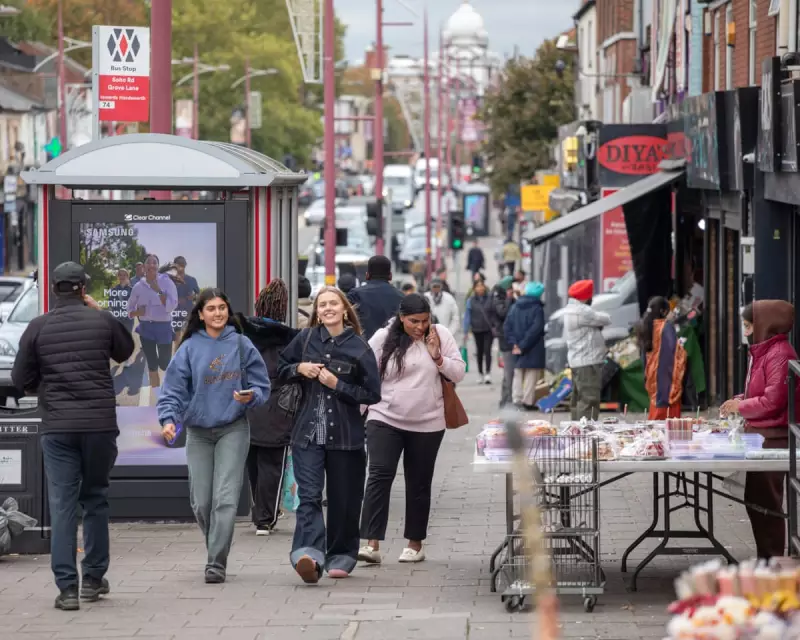
The arrival of Robert Jenrick in Handsworth, Birmingham, was anything but a routine ministerial visit. What unfolded was a carefully orchestrated political spectacle that reveals much about the current state of British politics and the strategies being employed ahead of crucial elections.
A Calculated Performance in Birmingham
Jenrick's tour through this diverse Birmingham community felt less like fact-finding and more like political theatre. The former immigration minister, accompanied by a significant media entourage, moved through streets that became a backdrop for his particular brand of politics. Local residents watched with a mixture of curiosity and concern as the political drama unfolded on their doorsteps.
This was no ordinary constituency visit – every moment appeared meticulously planned to reinforce a specific narrative about immigration and British identity.
The Politics of Division
What makes Jenrick's approach particularly concerning is its reliance on creating clear divisions between 'us' and 'them'. His rhetoric consistently frames immigration as a threat to social cohesion, rather than acknowledging the complex reality of communities like Handsworth that have successfully integrated diverse populations for generations.
The minister's language carefully avoids nuance, instead presenting immigration as a simple binary issue. This oversimplification serves political purposes but does little to address the genuine challenges facing communities or the contributions made by immigrant populations to British society.
Exploiting Fear for Political Gain
There's a dangerous calculation at work in this approach. By amplifying fears around immigration and positioning himself as the tough solution, Jenrick clearly aims to carve out a distinct political identity. The strategy appears designed to appeal to certain voter concerns while avoiding meaningful engagement with the complex realities of migration policy.
The timing is particularly significant, coming as political parties position themselves for upcoming electoral battles. The Handsworth visit serves as a powerful signal to certain voter segments about where Jenrick stands on key issues.
Community Backlash and Local Reality
Local residents and community leaders have expressed frustration at being used as props in this political performance. Many note that Handsworth has its challenges, like many communities, but that these are complex issues requiring thoughtful solutions rather than political point-scoring.
The reality of Handsworth – with its rich history of multiculturalism and community resilience – stands in stark contrast to the simplified narrative being presented. Long-term residents remember the community's journey through various challenges and take pride in what they've built together.
A Warning for British Politics
Jenrick's approach represents more than just one politician's strategy – it signals a potential direction for Conservative politics and possibly British political discourse more broadly. The embrace of divisive rhetoric and the willingness to use communities as political backdrops raises serious questions about the health of our democracy.
When political success becomes tied to amplifying social divisions rather than bridging them, everyone loses. The Handsworth visit should serve as a wake-up call about where this type of politics could lead our country.
The ultimate question remains: Is this the kind of political leadership Britain needs – one that exploits differences rather than building on common ground? The answer may determine not just electoral outcomes but the very fabric of our society.





